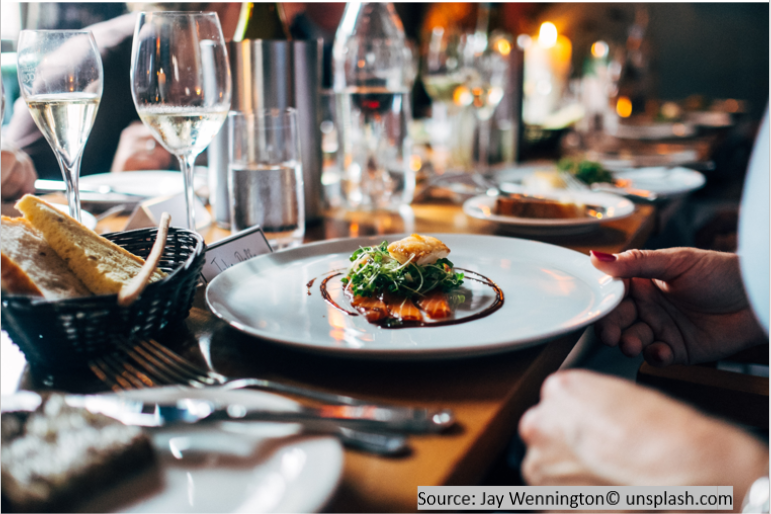Zero waste restaurant in the UK moving away from wasteful industrial logic

| Food waste is an issue that impacts the whole food supply chain, from the form of processing and manufacture in shops, restaurants, cafés, canteens, and at home. The main problem of preventing food waste is due to the overall lack of awareness by many and the possible solutions and benefits of finding alternative solutions in reducing food waste. More than one-third, or 2.5 billion tons of food produced, is wasted each year globally, while 10% of the world’s population suffers from undernourishment. To tackle the issue, the restaurant Silo in London, UK, has taken concrete action to achieve a zero-waste logic: direct trade, whole food preparation, and urban composting. The kitchen team works closely with the farmers as opposed to middlemen, accepts only food delivered as package-free, mills their own flour for bread, brews their own alcohol, ferments the food, turns milk into cheese and yogurt, and composts their own food waste. Even the food served is made based on the availability of products and its shapes and quantities, providing a flexible menu. Additionally, the restaurant décor is also based on zero waste design, such as the restaurant pendants made of foraged seaweed, the upcycled used wine bottles for lamps, and dinner plates made from recycled plastic bags – many of the products are also home-made. Moreover, the toilets are flushed with waste from the coffee machines, and the restaurant aims to install solar panels to ease electricity usage. |
